Customized Mold Treatment Plans for Your Property
Mold remediation involves identifying, removing, and preventing mold growth in indoor environments. Effective remediation is essential for maintaining healthy living and working spaces, especially in areas prone to moisture accumulation. Properly executed mold removal can significantly reduce health risks and property damage associated with mold infestations.
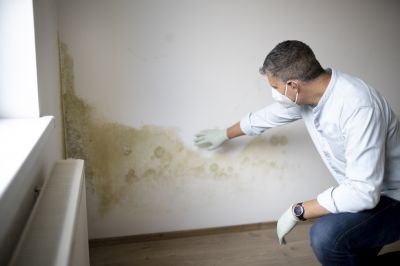
Professional inspections determine the extent and source of mold growth, facilitating targeted remediation.
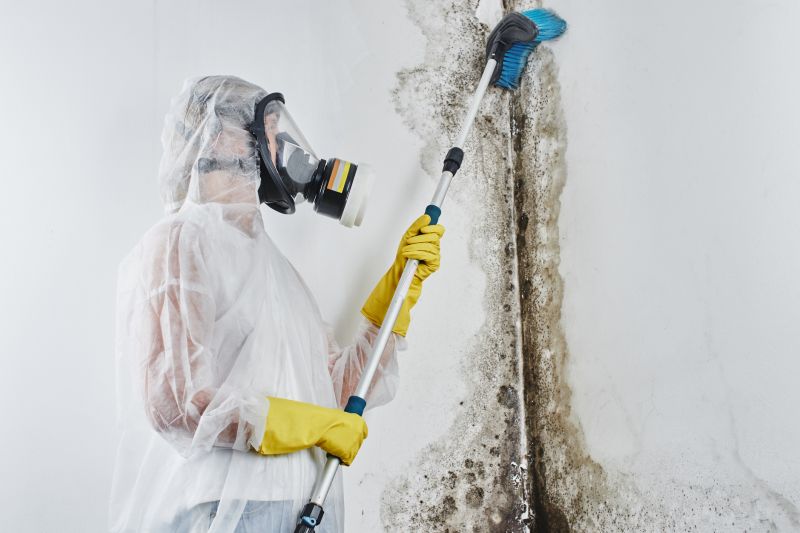
Containment prevents mold spores from spreading during removal, ensuring thorough cleanup.
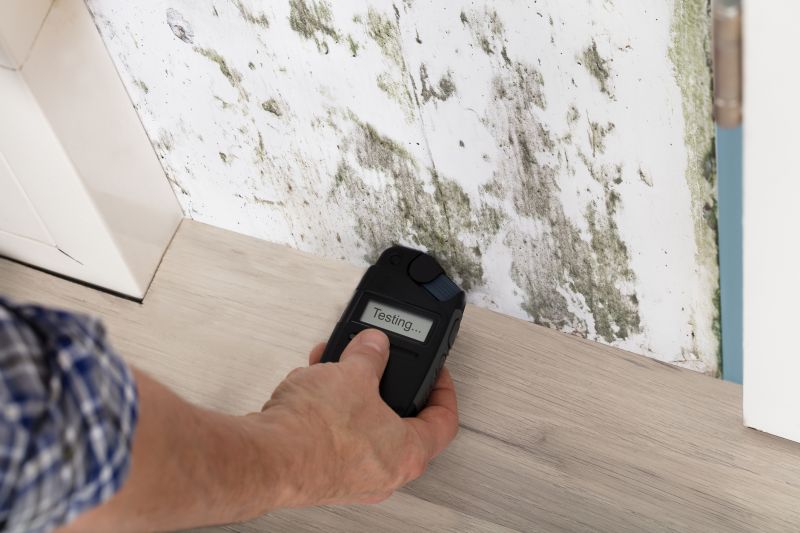
Testing verifies the complete removal of mold and assesses indoor air quality.
Statistics indicate that mold is present in approximately 50-70% of indoor environments, often hidden behind walls or under floors. Mold spores can become airborne, leading to respiratory issues, allergic reactions, and other health problems, particularly for sensitive individuals. The cost of mold-related property damage can range from hundreds to thousands of dollars, depending on the severity of infestation.
The process of mold remediation typically involves several steps: initial assessment, containment, removal of contaminated materials, cleaning and disinfection, and final testing. The duration varies based on the extent of the infestation, but many projects are completed within a few days to a week. Professional remediation ensures thorough removal and reduces the risk of future mold growth.
Timeframe for Professional Mold Remediation
The length of time required for mold remediation depends on the size of the affected area and the severity of the infestation. Small-scale projects may be completed within a day or two, while larger or more complex cases could take up to a week. Proper planning and execution by trained professionals are key to effective and timely removal.
Mold Remediation Process Overview
The remediation process begins with a thorough inspection to identify mold presence and sources of moisture. Containment measures are implemented to prevent spores from spreading. Contaminated materials, such as drywall or carpeting, are removed if necessary. The remaining surfaces are cleaned with specialized agents, and HEPA filtration is used to clear airborne spores. Final testing confirms the success of the remediation effort.
Advantages of Hiring a Professional for Mold Remediation
Engaging experienced professionals ensures comprehensive removal of mold and reduces health risks. Experts use specialized equipment and techniques that are difficult to replicate with DIY methods. Proper remediation minimizes the chance of mold returning and helps protect property value. Professional services also provide documentation and testing to verify the effectiveness of the cleanup.
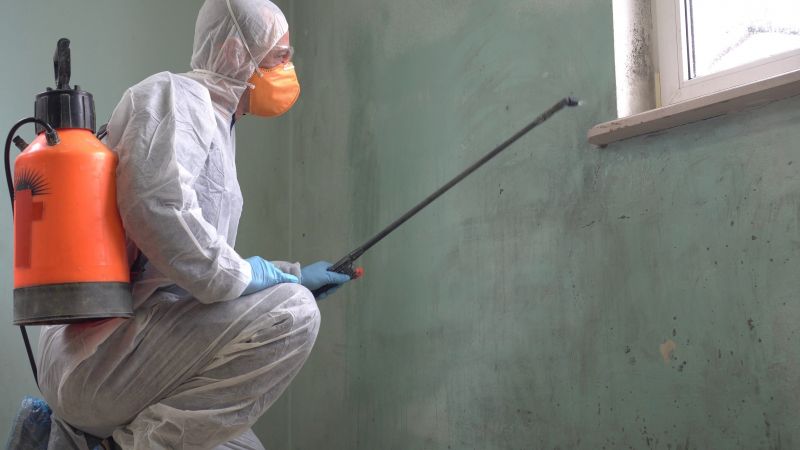
Showcases a cleaned and restored space after professional mold removal.
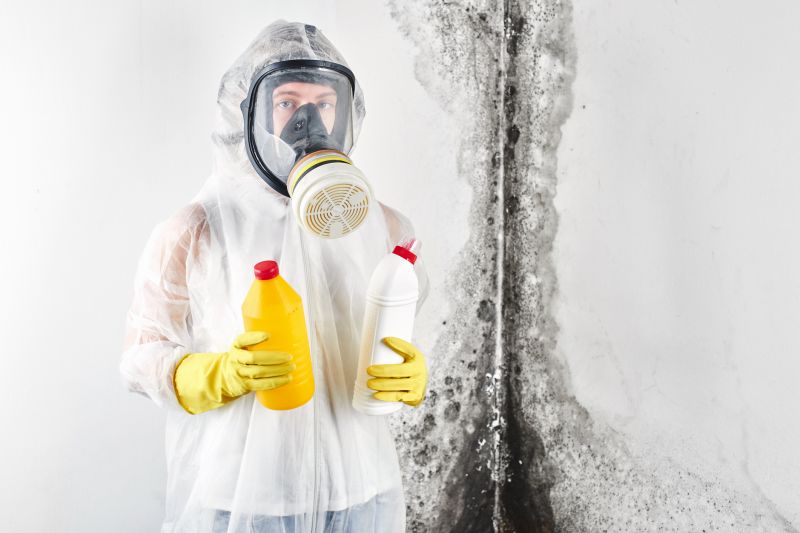
Displays advanced tools used for containment, cleaning, and air purification.
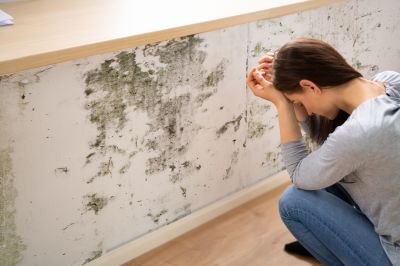
Depicts a safe, mold-free interior space.
Proper mold remediation is vital for maintaining healthy indoor environments and protecting property investments. If there is suspicion of mold growth or visible signs, consulting with a professional can ensure thorough removal and ongoing prevention. Filling out a contact form can initiate the process of obtaining a detailed quote and assessment for mold remediation services.



